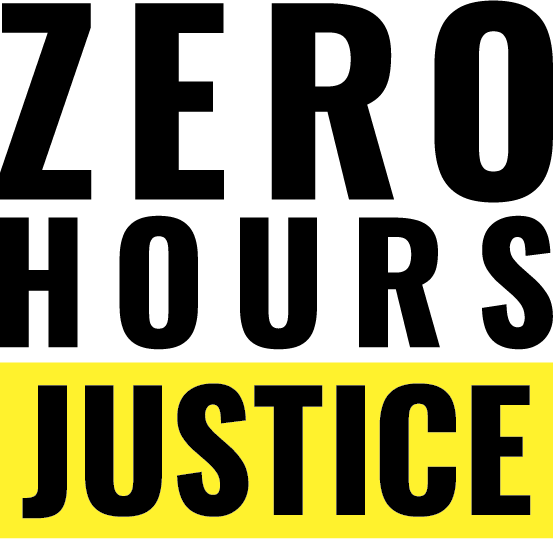VICTORY IN IRELAND – A FAIRER AND MORE BALANCED SOLUTION TO THE ZERO HOURS CONTRACTS PROBLEM22/1/2020
By James Johnson-Flint Some may suggest that the battle for fairness when it comes to contracted hours and the way people are precariously employed will go on forever in the UK. But Ireland, with its similar legal system, has hopefully proved rogue employers in the UK wrong and shown the way forward for British politicians.
On Christmas Day 2018, Ireland's President Higgins signed The Employment (Miscellaneous Provisions) Act 2018 into law, banning zero hour contracts and giving workers in casual and precarious jobs improved security around their working hours. It is one of the most important pieces of employment law in a generation and is the result of years of campaigning by the Irish Congress of Trade Unions and others When will the UK see sense and do the same? Below are the headlines in Ireland's legislation: Zero hours contracts are banned in most circumstances It had become practice for some employers to employ workers without guaranteeing them a set number of working hours. Under the Act, employers will no longer be able to use such zero hour contracts except in very limited circumstances, such as to provide cover in emergency situations or to cover short-term absences. Workers are entitled to a minimum payment if employers fail to provide them with work Workers have the right to compensation from their employer if they turn up for work but are sent home without work. The minimum payment workers are entitled to is 3 hours pay at the minimum wage rate, or 3 hours at the Joint Labour Committees rate if they work in a sector where an Employment Regulation Order is in force, such as security or contract cleaning. Workers are entitled to be guaranteed hours of work that reflect their normal working week Under the Act, workers have the right to be placed on a weekly band of hours that accurately reflect their normal working hours. For example, if their contract of employment guarantees them 10 hours per week but for the last 12-month period they have worked an average 25 hours per week, they are entitled to be placed on a band of hours that guarantees them a minimum of 21 hours per week. Workers are entitled to a written statement of their terms of employment within the first 5 days The Act legally requires employers to provide workers with a written statement of their main conditions of employment within the first 5 days of being hired. The statement must include details of workers’ daily and weekly working hours, rate of pay and how pay is calculated. Comments are closed.
|
contactFor press enquiries or permission to reuse content, please contact: Archives
June 2024
CATEGORIES
All
|
|
Company No: 12417909 Registered Office: 38 Coney Street, York, Y01 9ND
|

 RSS Feed
RSS Feed


